
Ender's Game
by Orson Scott Card
Format: select
When I read, I ask a LOT of questions. Here’s some stuff I searched or wondered about while reading Ender’s Game by Orson Scott Card.
From my Review:
I haven’t read Ender’s Game since high school. On re-reading it as an adult, I found it just as page-turning and thought provoking as I did the first time. The biggest thing that stood out to me were all the paradoxes.
The biggest paradox was the contrast between the brothers Ender and Peter. To completely defeat an enemy, do you need to understand and empathize with them so well that you know what will really hurt them? To bring complete peace, do you need to be the kind of person that would think of all the ways to destroy peace in the first place? I had never thought about the fact that even good characteristics can become evil simply based on how we use them. Empathy can be used just as effectively to hurt others as to help them.…Read More
History
Warsaw Pact
Certain military people who corresponded with her dropped hints about things without meaning to, and she and Peter put them together to build up a fascinating and frightening picture of Warsaw Pact activity. They were indeed preparing for war, a vicious and bloody earthbound war. Demosthenes wasn’t wrong to suspect that the Second Warsaw Pact was not abiding by the terms of the League.
– Orson Scott Card, Ender’s Game pg. 231
I was curious from the quote what the “first” Warsaw Pact was. I remember learning about it in school but not any of the details. The Wiki page for the Warsaw Pact says basically that the Warsaw Pact was formed by the Soviet Union and other communist states in reaction to the NATO pact of Western Europe that resulted in the Cold War.
Demosthenes
“I’ve been learning things about patterns in human behavior. There are times when the world is rearranging itself, and at times like that, the right words can change the world. Think what Pericles did in Athens, and Demosthenes—” [said Peter]
“Yes, they managed to wreck Athens twice.” [said Valentine]
– Orson Scott Card, Ender’s Game pg. 128
I’d never heard of Demosthenes. Demosthenes thought everyone should fight against Philip who wanted to take over Greece. Someone assassinated Philip and his son was this guy named Alexander the Great that took over instead. Demosthenes’ fight against him failed and they hunted him down so he wouldn’t do it again. Demosthenes killed himself so they couldn’t find him.
Books Mentioned
In the Introduction to the edition of the edition of Ender’s Game that I read, Orson Scott Card talked about inspiration for Ender’s Game and a lot of it came from books that I was curious to check out.
“Isaac Asimov’s Foundation trilogy, which was (more or less) an extrapolation of the ideas in Gibbon’s Decline and Fall of the Roman Empire, applied to a galaxy-wide empire in some far future time.” – Orson Scott Card, Ender’s Game Introduction
“Far more deeply rooted in my mind was my experience, five or six years earlier, of reading Bruce Catton’s three-volume Army of the Potomac. I remembered so well the stories of the commanders in that war— the struggle to find a Union general capable of using McClellan’s magnificent army to defeat Lee and Jackson and Stuart, and then, finally, Grant, who brought death to far too many of his soldiers, but also made their deaths mean something, by grinding away at Lee, keeping him from dancing and maneuvering out of reach. It was because of Catton’s history that I had stopped enjoying chess, and had to revise the rules of Risk in order to play it— I had come to understand something of war, and not just because of the conclusions Catton himself had reached. I found meanings of my own in that history.” – Orson Scott Card, Ender’s Game Introduction
Orson changed his focus at school to plays and rewriting or adapting novels because he discovered that “archaeology is unspeakably boring compared to reading the books by Thor Heyerdahl (Aku-Aku, Kon-Tiki), Yigael Yadin (Masada), and James Michener (The Source) that had set me dreaming.” – Orson Scott Card, Ender’s Game Introduction
This was from a letter written to Orson Scott Card.
I’m an army aviator waiting out a sandstorm in Saudi Arabia. I’ve always wanted to write you and since my future is in doubt— I know when the ground war will begin— I decided today would be the day I’d write. … There is one other novel that describes that frame of soul and mind that I cherish as much as Ender’s Game. It’s called Armour and its author is John Steakley. Ender and Felix [the protagonist of Armour] are always close by in my mind.
– Orson Scott Card, Ender’s Game Introduction
This is one of the only books mentioned in the story itself instead of the introduction.
There was a test tomorrow in geometry and Bean was woefully unprepared. He could always reason things out if he had enough time, and he had read Euclid when he was five, but the test had a time limit so there wouldn’t be a chance to think.
– Orson Scott Card, Ender’s Game pg. 195
I love it when I learn new things. Euclid basically wrote THE book on geometry and it was used until the early 20th century. I’ve never heard of him until now and here Bean is reading him at five lol.
Favorite Quotes
On their home worlds, do the buggers put on human masks, and play? And what do they call us? Slimies, because we’re so soft and oily compared to them?
– Orson Scott Card, Ender’s Game pg. 11
I love this quote because it shows Ender trying to have empathy for the aliens who are at the very least strange and at the most disturbing and frightening. It makes me want to have more empathy in my life.
He had been dreaming that buggers were vivisecting him. Only instead of cutting open his body, they were cutting up his memories and displaying them like holographs and trying to make sense of them.
– Orson Scott Card, Ender’s Game pg 278
This quote kind of breaks my heart because I can just see the aliens trying desperately to communicate with Ender before it’s too late.
I had read in Nordhoff’s and Hall’s history of World War I flying that it was very hard at first for new pilots to learn to look above and below them rather than merely to the right and left, to find the enemy approaching them in the air. How much worse, then, would it be to learn to think with no up and down at all?
– Orson Scott Card, Ender’s Game Introduction
I thought this was such a cool inspiration. Orson Scott Card took a real life situation and asked what it would be like in a space setting. The ideas he explored in the book of how a good commander would deal with no up and down was really fascinating to read.
Because never in my entire childhood did I feel like a child. I felt like a person all along— the same person that I am today. I never felt that I spoke childishly. I never felt that my emotions and desires were somehow less real than adult emotions and desires.
– Orson Scott Card, Ender’s Game Introduction
I really like his response to the fact that people say the children in Ender’s Game don’t really act like children. And I totally agree with him, especially how he felt his feelings and emotions were just as valid as adults. I try really hard to remember this with my own kids. Even though I don’t think the reason behind their emotions is all that monumental sometimes, I do my best to acknowledge that their feelings are what anyone would feel in that situation. Adults get frustrated too, for example, just for different reasons.
Book Trailer







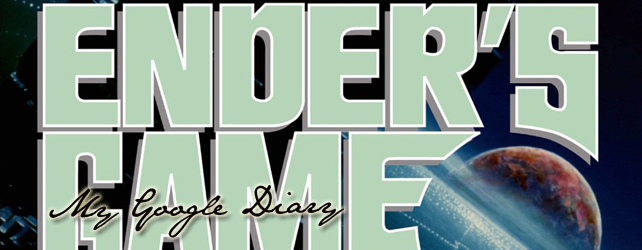
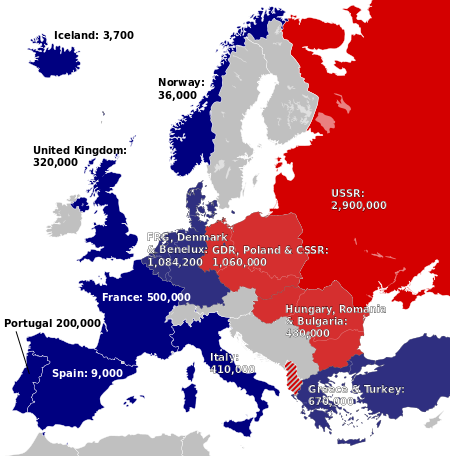
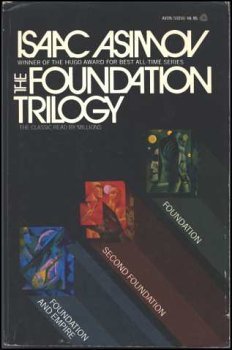
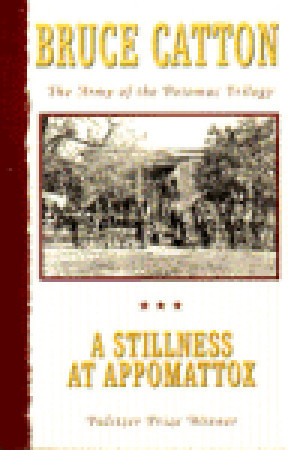
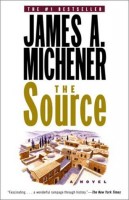
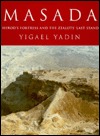
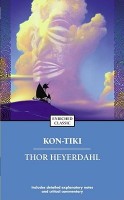
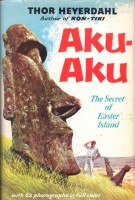
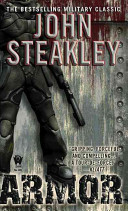
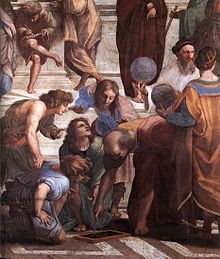

 My name is Jessica. I love to read Young Adult and classic literature. I’ve been a book blogger for six years and I haven’t gotten tired of it yet. I’m a very curious reader. Writing about all the questions and thoughts I had while reading a book is the best hobby ever.
My name is Jessica. I love to read Young Adult and classic literature. I’ve been a book blogger for six years and I haven’t gotten tired of it yet. I’m a very curious reader. Writing about all the questions and thoughts I had while reading a book is the best hobby ever.
I love this idea of a google diary for a book you are reading. It makes the book come alive. Love it!
I love these still. Ender’s Game is such a great book. I never went past that book in the series. I thought that the movie was good too. Really these are well thought out posts!!